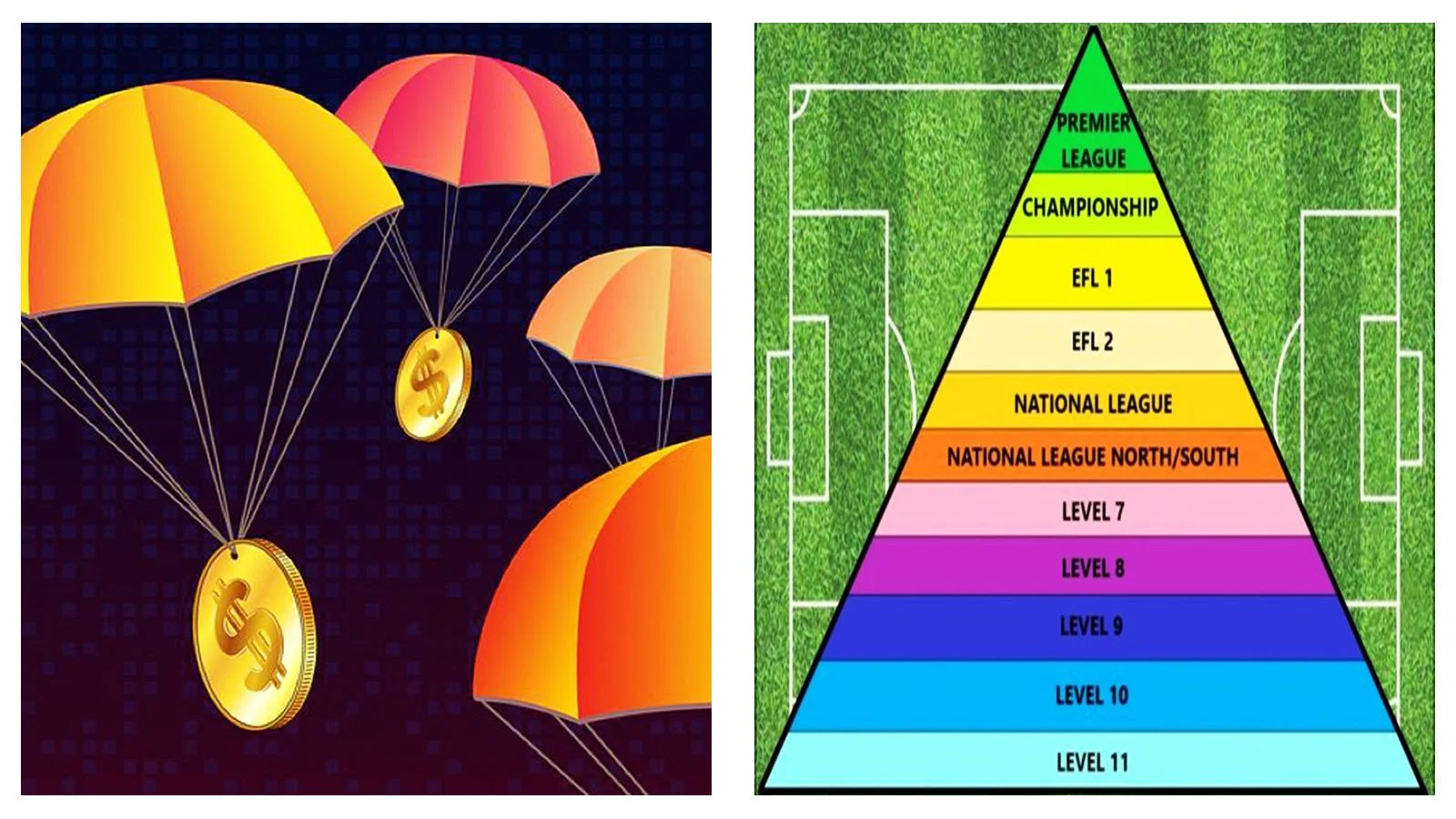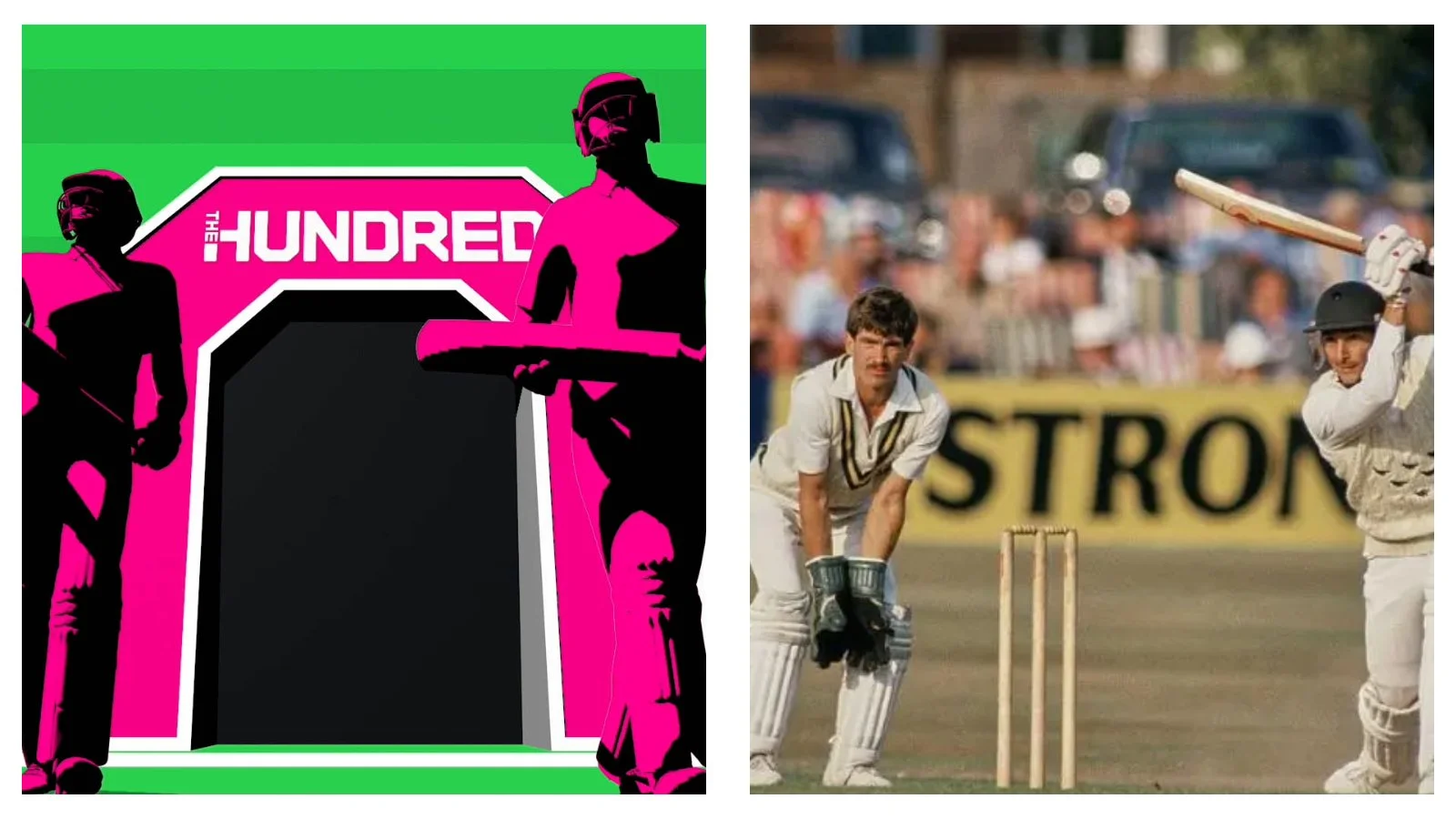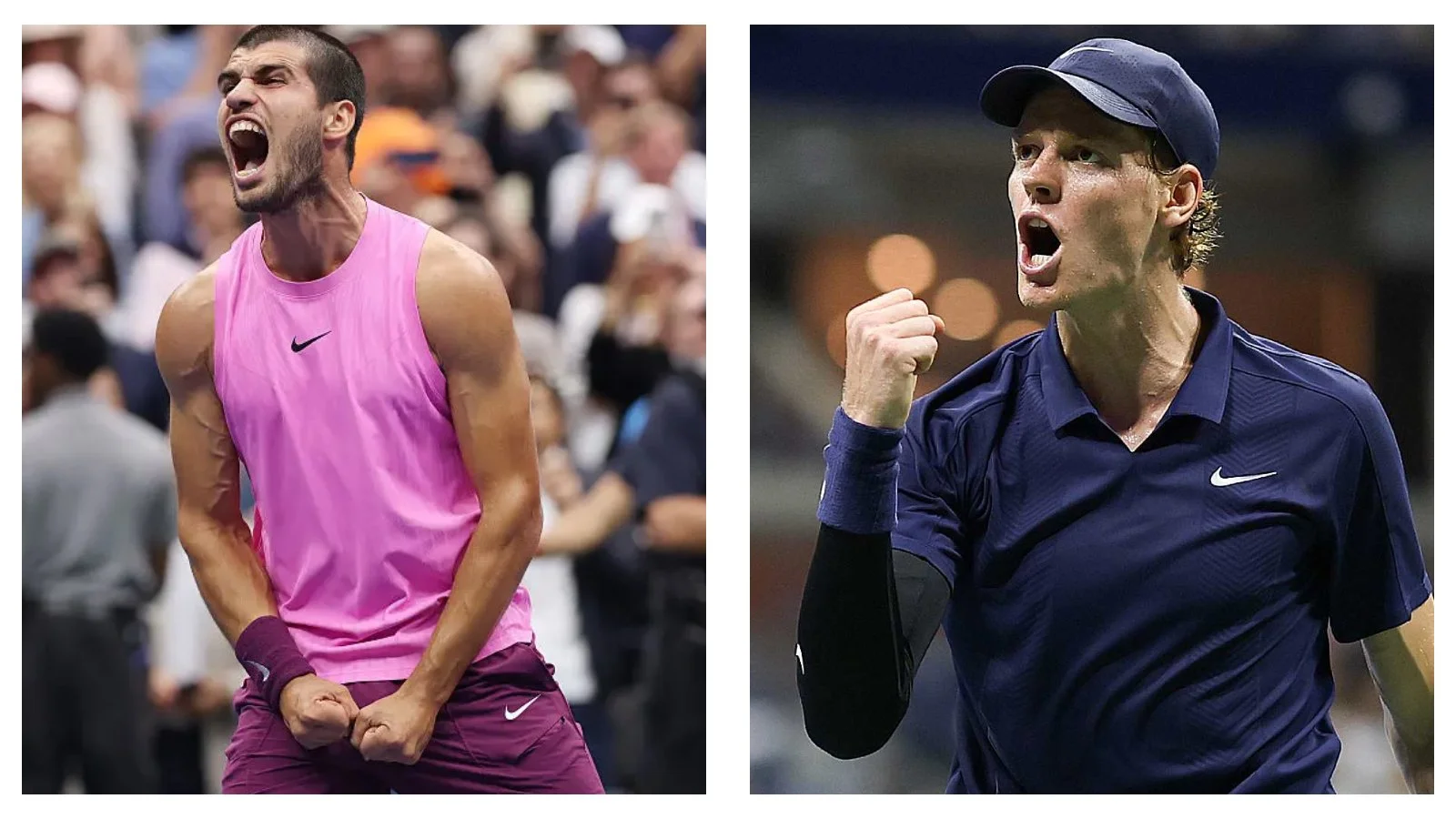Soccer opinion: VAR on trial - Should football maintain faith or scrap it for good?
When video assistant referees were introduced to football, they were meant to represent progress, a step toward fairness and accuracy in a sport long defined by human error.
VAR promised to correct the infamous injustices of the past, from Thierry Henry’s handball in 2009 to Frank Lampard’s ghost goal in 2010.
The technology was sold as the answer to decades of controversy. Yet over five years after its introduction to the Premier League - fans, players and managers remain divided.
What was once hailed as a revolution now faces growing calls for abolition.
The debate over VAR’s future has reached a crossroads. Supporters argue that the technology brings greater fairness by correcting clear mistakes.
Critics say it is destroying the spontaneity and emotional rhythm that make football unique.
With mounting frustration from players and fans alike, the question has never felt more urgent: should VAR be reformed or removed entirely?
Here, Sports News Blitz writer Ben Phillips looks into arguments for and against the continuation of the VAR project.
A system built on good intentions
When VAR was rolled out at the 2018 World Cup, it was seen as a breakthrough. FIFA president Gianni Infantino called it “football’s biggest step forward in decades.”
The concept was simple: a team of video officials would review major incidents, including goals, penalties, red cards, and cases of mistaken identity, to help the on-field referee reach the correct decision.
The promise was alluring. Technology had already transformed other sports.
Tennis used Hawk-Eye to near perfection. Cricket’s Decision Review System improved umpiring accuracy. Rugby had long embraced video referees with minimal fuss. Football appeared to be catching up.
In some ways, VAR has delivered.
In its first five Premier League seasons, officials claimed it had increased the accuracy of key decisions from 82% to 96%.
Clubs and governing bodies viewed it as an insurance policy against the costly errors that could define a season.
Yet the early optimism has quickly given way to confusion.
READ MORE: Soccer news: Are parachute payments damaging the fabric of English football?
Spirit of the game under threat
Football’s essence lies in its flow and emotion. Moments of joy or despair erupt in seconds and then pass just as quickly.
VAR’s presence interrupts that rhythm. Goals are celebrated with hesitation as players and fans glance anxiously toward the referee.
At stadiums, supporters often have little idea what is being checked or why. The result is confusion followed by frustration.
A last-minute winner can be ruled out for an offside toe after a minute-long review, leaving the atmosphere flat and hollow.
Liverpool manager Jürgen Klopp was one of VAR’s most outspoken critics, calling the system “a problem, not a solution.”
Pep Guardiola has echoed those concerns, arguing that football should be about “human decisions made in real time.”
Players, too, have voiced discontent. Declan Rice said last year that VAR had “killed the joy” of scoring.
The criticism is not just emotional. It is also philosophical.
VAR was designed to correct “clear and obvious” errors, yet in practice, it often overreaches.
Offside decisions are decided by millimetres. Fouls are analysed frame by frame. Subjective calls, once left to the referee’s discretion, are now dissected from multiple camera angles until the spontaneity of the sport feels replaced by bureaucracy.
The offside obsession
Few aspects of VAR have drawn as much ire as its handling of offside.
Under the traditional system, the assistant referee judged in real time whether a player was beyond the last defender.
Mistakes were inevitable but accepted as part of the game. Now, technology freezes the frame and draws lines on the pitch to determine the exact position of body parts at the moment the ball is played.
This forensic approach has led to a string of marginal calls that seem out of touch with common sense.
Goals have been disallowed for armpits or shoelaces being offside. Tottenham’s Son Heung-min once had a goal ruled out after a two-minute delay because his shoulder was marginally ahead of the defender.
FIFA’s introduction of semi-automated offside technology at the 2022 World Cup was meant to speed up the process and improve consistency. But even then, controversy remained.
While accuracy has improved, the fundamental question persists: Does absolute precision enhance fairness or erode the human drama that defines football?
YOU MAY ALSO LIKE: Saudi Arabia’s growing influence in tennis: Is Saudi investment helping the sport or just sports washing?
Transparency and trust
Perhaps the biggest failing of VAR lies in communication.
Fans inside stadiums often wait in silence, watching officials huddle over monitors with no explanation. Only after a lengthy pause does the referee signal a decision, sometimes to widespread confusion.
In rugby and cricket, the process is transparent. Spectators hear the referee’s reasoning as replays are shown on screens.
Football’s secrecy, by contrast, breeds suspicion. Supporters believe referees are hiding behind technology rather than using it to clarify decisions.
The Premier League has tried to improve transparency by releasing audio of VAR discussions after major incidents.
Howard Webb, head of refereeing for Professional Game Match Officials Limited (PGMOL), has launched “Match Officials Mic’d Up,” a monthly review show that reveals how decisions are made.
While this has offered rare insight, critics say it is too little and too late. The damage to public trust may already be done.
Furthermore, the 2025/26 season has brought the obligation for referees to explain decisions to the stadium as they’re making them.
This has improved the communication problem slightly, but there’s still a long way to go to make sure attending fans are getting the best possible experience.
Managers divided, fans united
Managers remain split. Some argue that technology simply needs refinement rather than removal.
Mikel Arteta, despite his public rants after controversial calls, insists that “the idea is right, but the execution must be better.”
Others, such as Ange Postecoglou, believe the system fundamentally misunderstands football’s essence. “We’re trying to turn it into a sterile, perfect product,” he said.
Among fans, however, the consensus is clearer. A 2024 YouGov poll found that 64% of Premier League supporters wanted VAR to be reformed.
The main reasons cited were the delays to play, the loss of spontaneous celebration and the inconsistency of decisions.
Even the Premier League’s chief executive, Richard Masters, admitted that the league faces a “crisis of confidence” in officiating.
He has pledged reforms, but the core dilemma remains unresolved: can technology coexist with the chaos that makes football special?
YOU MAY BE INTERESTED IN: County Cricket vs The Hundred: Has the new format strengthened or weakened traditional county structures?
The case for keeping VAR
Despite widespread criticism, VAR has defenders. For every outrage-inducing decision, there are countless moments when it prevents injustice.
These include wrongfully awarded penalties and missed red cards. Without it, those mistakes might have altered league positions or cup results.
Proponents argue that scrapping VAR would be a regressive step. They claim the issue is not the technology but its application.
With improved training, clearer protocols and greater transparency, VAR could yet fulfil its potential.
As Howard Webb put it, “We are in a transition period. The technology works, but our understanding of how to use it still needs refining.”
There is also a financial argument. The Premier League and UEFA have invested millions in the system’s infrastructure. Removing it would mean not only wasted expenditure but also a loss of credibility in comparison with other top sports.
Reform or removal
The debate may ultimately hinge on what fans value most. If football is to remain a human sport driven by instinct and emotion, then the constant intrusion of technology feels unnatural.
If fairness and precision are paramount, then abandoning VAR could seem irresponsible.
Some suggest a middle ground. One proposal is to limit VAR to objective matters such as offside and mistaken identity while leaving subjective calls, like penalties or fouls, solely to the referee.
Others advocate real-time communication between referees and fans, similar to rugby’s approach. The goal would be to restore transparency without discarding progress.
Whatever the outcome, football’s authorities face a defining decision. The sport stands at a crossroads between tradition and technology.
Every weekend brings new controversy, new outrage and renewed debate about what football should be.
READ MORE: Tennis analysis: Five contenders who could challenge dominance of Jannik Sinner and Carlos Alcaraz
The verdict
VAR was introduced to protect football from injustice. Instead, it has become one of the game’s most divisive features.
Its intentions remain noble, but its execution has alienated those it was meant to serve.
The problem is not whether VAR makes mistakes, human referees always did, but that it has stripped football of its most precious quality: emotion.
Until officials can find a way to blend technology with the spirit of the sport, the argument over VAR will continue.
For now, football’s video revolution stands trial in the court of public opinion - and the jury… is still out.
READ NEXT: NFL betting tips: Philadelphia Eagles to bounce back, Jaxson Dart to continue run of form, and more





